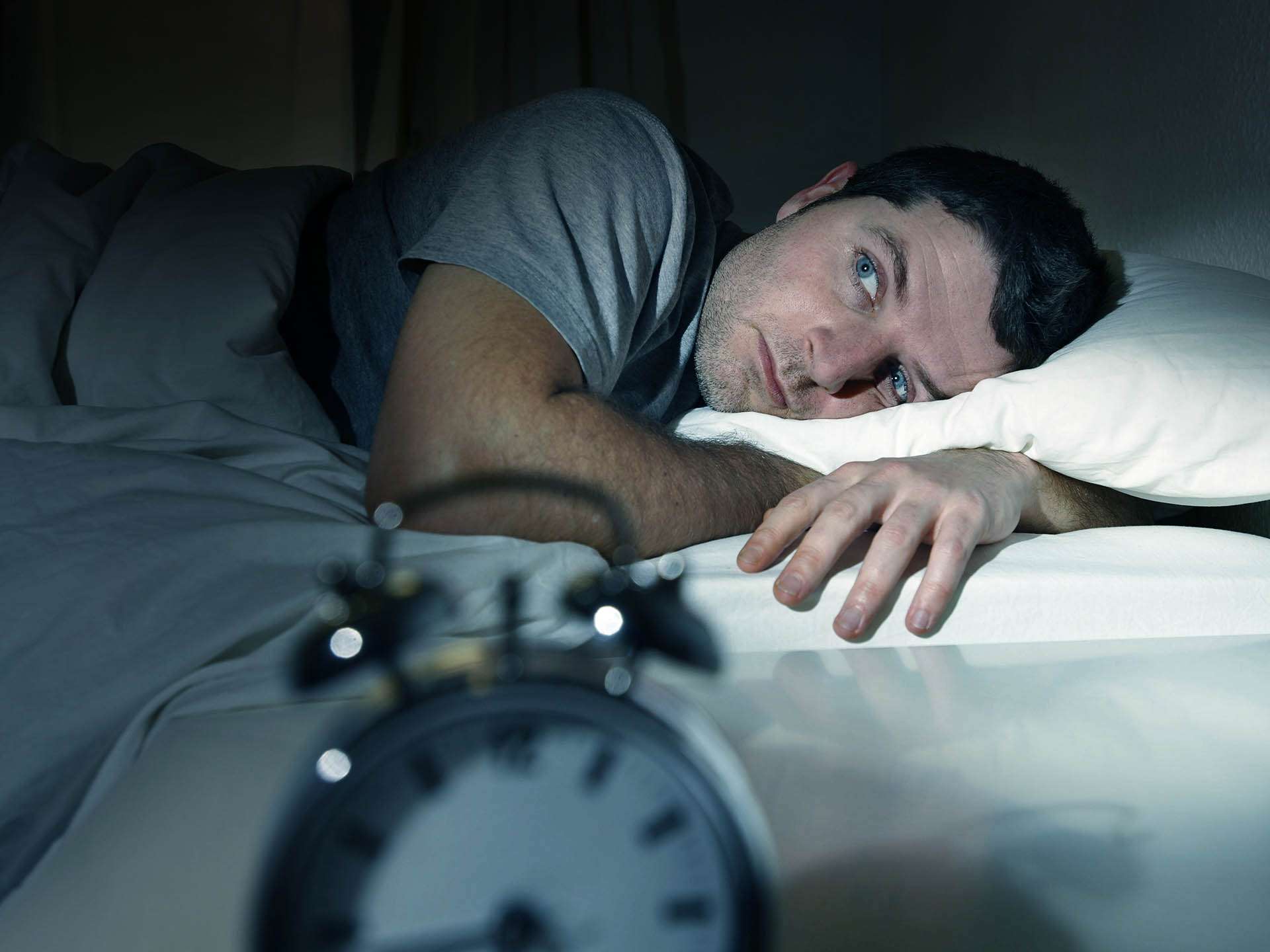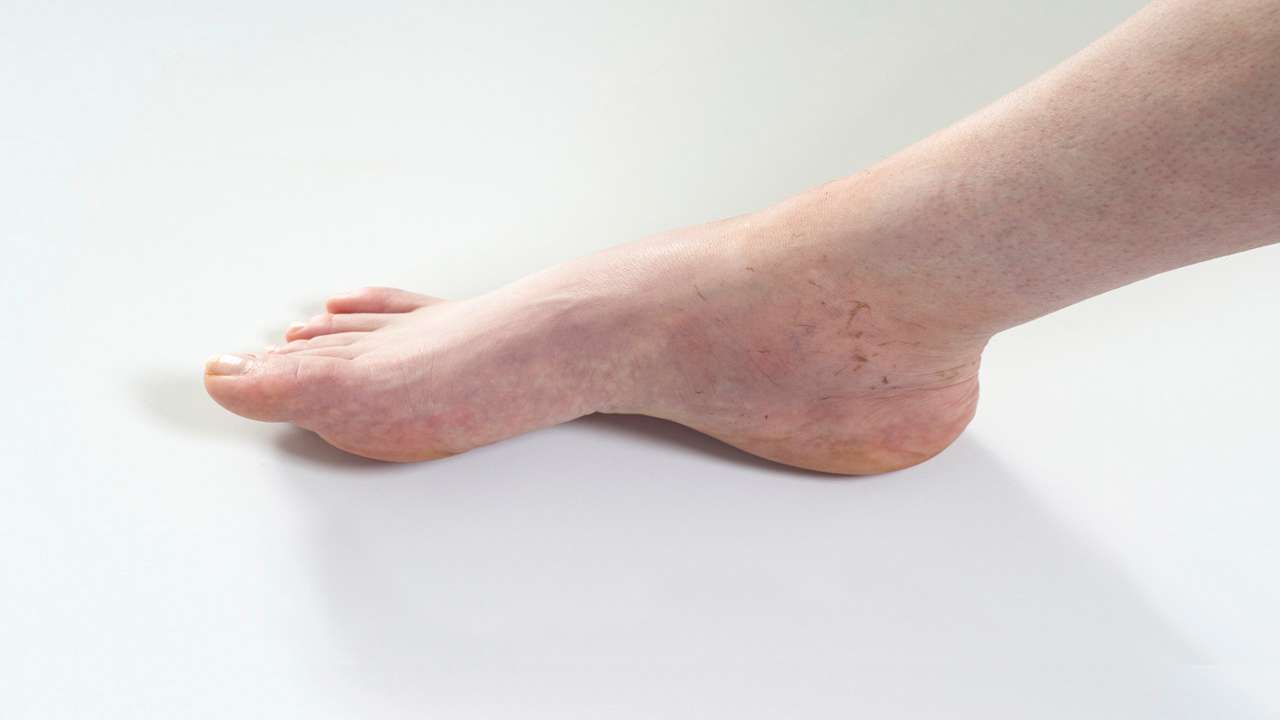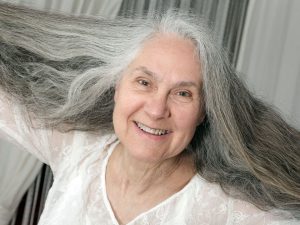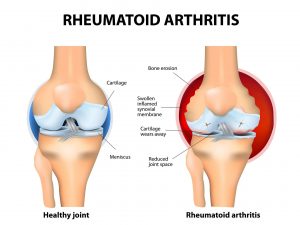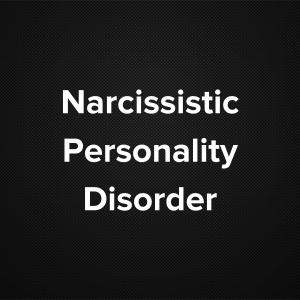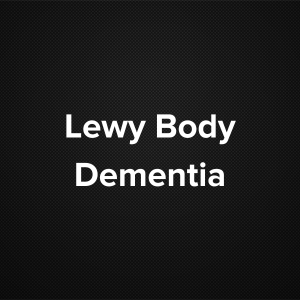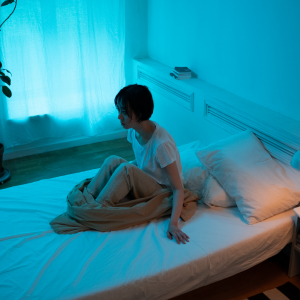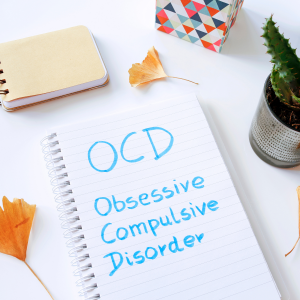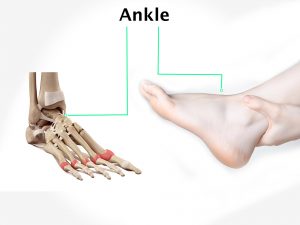Sleep is a vital commodity like a good wholesome diet, fresh air, or a walk. Quality and quantity are both important. There is no such thing as over-sleeping, really. The body will not sleep beyond its need. In fact, one should not under sleep.
Snoring is one of the main causes of sleep disruption. Snoring is commonly associated with people who are overweight, but it is seen in thinner individuals as well, and the condition often becomes worse with age. Gastroesophageal reflux disease (GERD) is another common cause of sleep problem in many. Diseases such as Parkinson’s disease, arthritis, and Alzheimer’s also commonly cause sleep disorders. With age, a lot of diseases give rise to pain and uneasiness. Such individuals need to consult their doctor to see if they can adjust dosages or change medications.
It is frequently observed that individuals after retirement may find themselves facing a vacuum in their life which leads to a depressive state. They are less active during the day which can throw them off their sleep-wake schedule. It is imperative that they keep themselves busy with volunteer work or hobbies.
It is also often reported that the aged are left homeless and unsupported by their children, which leads to mental instabilities and mental ill health. Such elderly succumb to depression leading to insomnia. Some percent of the elderly resort to frequent naps during the day and then may have a hard time falling asleep or staying asleep during the night.
Practically, every person’s sleep needs are different. An individual needs to monitor if he/she is getting less sleep than when they were younger, but still feel rested and energetic during the day; it might just be that the person now need less sleep than earlier, but if the lack of sleep is affecting the person during the day giving rise to health issues, then it’s time to take action.
It is mandatory that every person, especially the elderly, bring discipline in their lives to ensure the best of health. Sleep hygiene is one aspect of introducing such regularity. Sleep hygiene is nothing, but good sleep habits. It surely aids in treating insomnia when the effects are serious and untreated; insomnia can take a toll on a person’s health.
Some tips to be made routine in life.
- Get regular – One of the best ways to train your body to sleep well is to go to bed and get up at more or less the same time every day. Limit the daytime naps.
- It is best to avoid consuming any caffeine for at least 4-6 hours before going to bed. These substances act as stimulants and interfere while falling asleep. It is recommended to have a warm glass of milk, which contains tryptophan; it acts as a natural sleep inducer.
- Turn off the computer and TV at least an hour before bed. It should be ‘sleep when sleepy.’ When you actually feel tired or sleepy, sleep will be more sound and better in quality.
- If possible, a warm water bath an hour or two before bedtime will enhance sleep. It is a good habit to read something as it hastens the process of falling asleep.
‘Early to bed, early to rise… definitely makes you fit health wise.’
